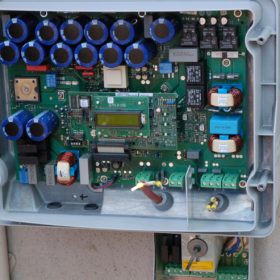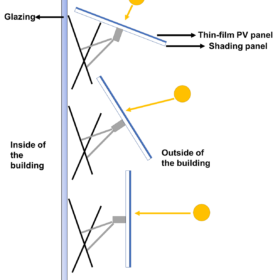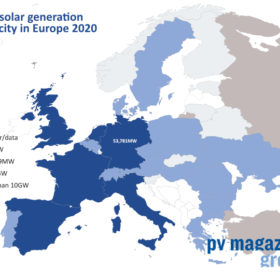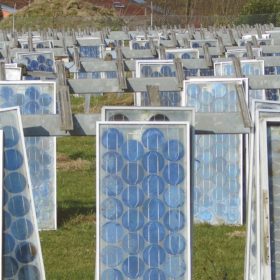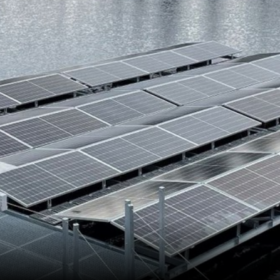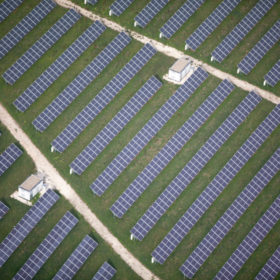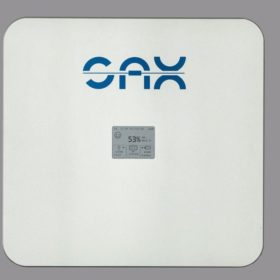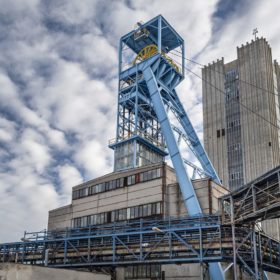Solar inverter fault detection techniques at a glance
New research has categorized all existing fault detection and localization strategies for grid-connected PV inverters. The overview also provides a classification of various component failure modes and their potential causes in a tabular form.
Designs, control strategies for PV-integrated shading devices
Photovoltaic shades in buildings offer energy efficiency and electricity generation, but an international research group says their commercial viability will depend on the control strategies used to optimize performance.
Czechia allocates $177m for solar rebates
The funds were taken from the country’s National Recovery Plan in an effort to reduce energy dependence on Russia. A call to select eligible projects will be launched on March 22. Solar-plus-storage projects will also be entitled to participate.
Solar the fastest growing European clean power source
The latest numbers released by EU data body Eurostat indicate renewables, including hydropower, contributed 37% of Europe’s gross electricity consumption in 2020, up from 34% a year earlier.
European Court of Justice: Solar manufacturers not liable for waste costs for panels shipped to EU before Aug. 2012
A preliminary ruling by the European Court of Justice states panel makers should not be responsible for electrical waste management costs in a seven-year period as the rules in place before the EU’s WEEE directive entered force, in 2012, permitted member states to place the obligation on panel users instead. The resulting change in law, in some states, cannot be applied retroactively, under EU legal rules.
Czechia’s first floating photovoltaic plant
Operated by Czech utility CEZ Group, the pilot solar plant will be located at different heights during the charge and recharge cycles of a pumped-hydro plant and the difference in height may reach up to nine meters.
Higher module prices impacting Czechia’s rebate program for small solar parks
The Czech authorities have extended, to February, the deadline to submit PV projects of up to 1 MW for the rebate scheme for small sized, ground mounted photovoltaics. According to Jan Krčmář, chairman of the Czech Solar Association, the lower than expected interest in the program may also be down to higher PV component prices.
Germany will continue to dominate European home battery market – no matter who is in government
Industry association SolarPower Europe expects little change in the line-up of Europe’s biggest residential battery markets in four years’ time, with a rush of retrofits as turn-of-the-century solar feed-in tariffs begin to expire, set to keep Germany way ahead of the pack.
Converting coal mines into gravity-based renewable energy storage facilities
U.K.-based Gravitricity is planning to deploy its gravity-based energy storage solution at a decommissioned coal mine in Czechia. The project is part of a plan to commence a full-scale, 4-8 MW prototype scheme in disused mines next year.
Growing interest for utility scale solar in Czechia
Several utility scale solar projects are being developed in Czechia, with investors hoping to secure subsidies from a recently launched rebate scheme that covers up to 50% of the costs. Securing a PPA to sell power, however, may be more difficult, as the current market conditions do not offer many opportunities for long-term deals.
